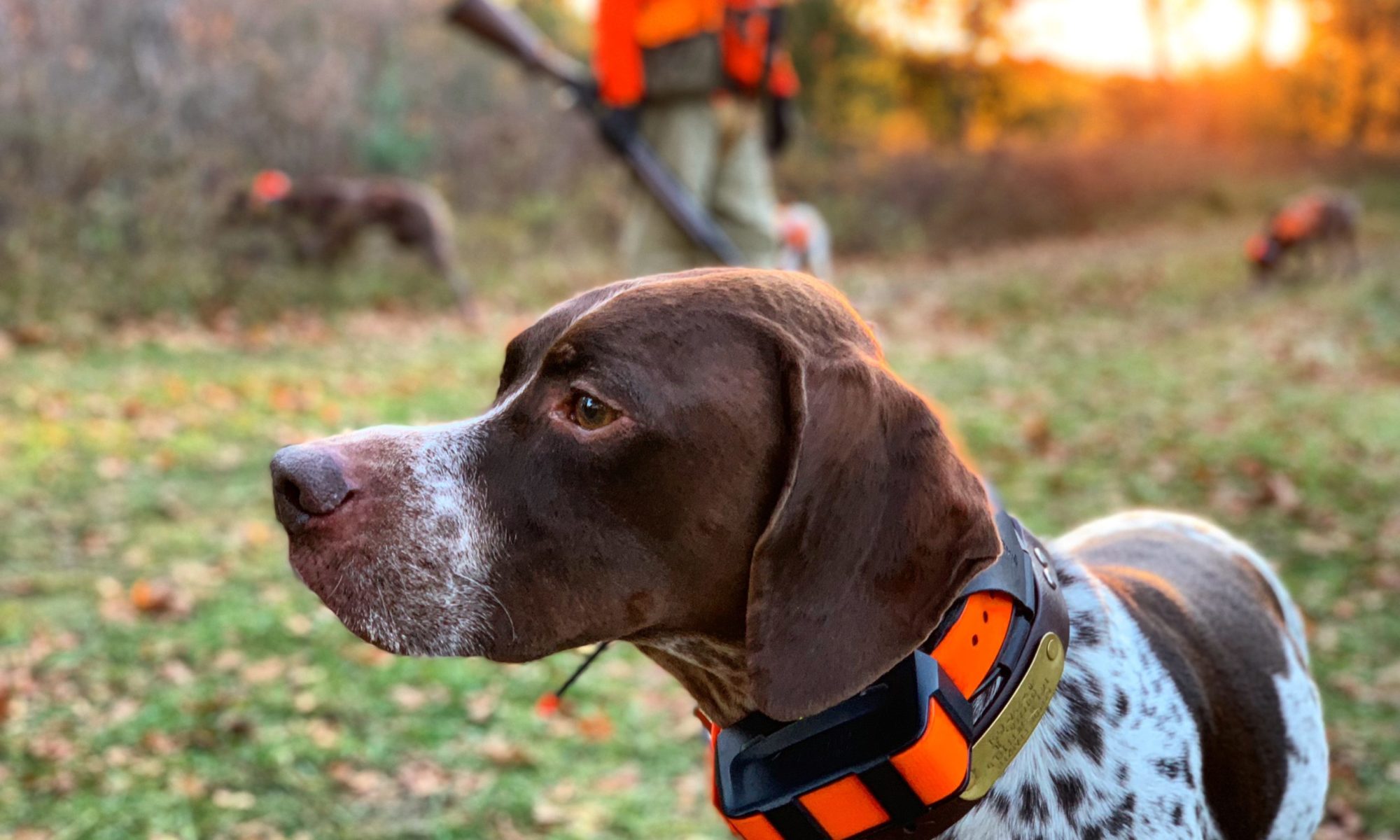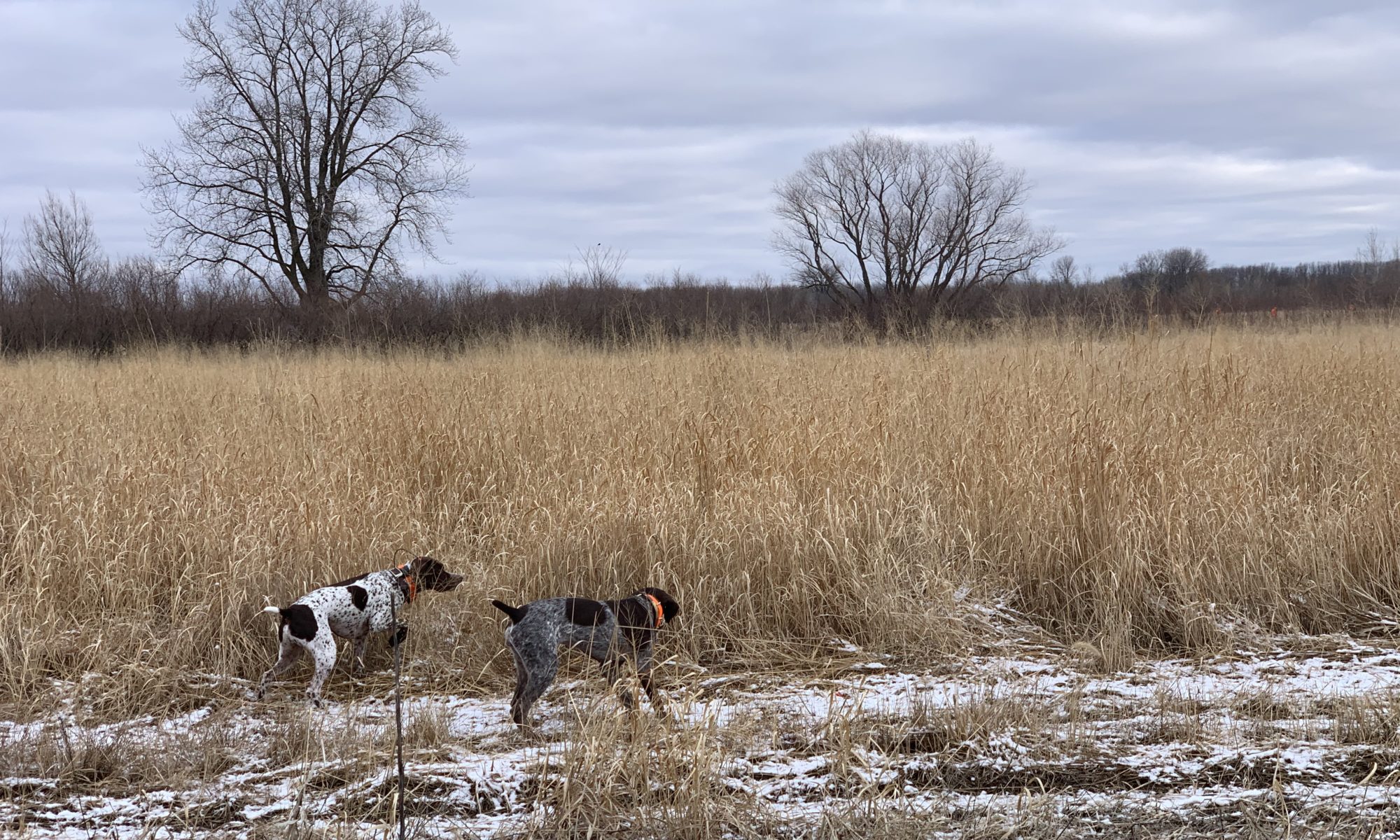CBFNA Breeder Code of Ethics
Our breeders have committed to:
- Breed only with the intention of improving the breed, using a sire and dam of appropriate qualities in relation to the official breed standard with sound health, physical structure and temperament. Promote and breed with the intention of producing high quality hunting dogs that strongly represent what the breed is intended to be, a hunting breed.
- Not to breed a dog or bitch that is known to have any serious inheritable defect or disease such as listed below:
a. canine hip dysplasia
b. Epilepsy or other seizure disorders
d. extreme shyness or viciousness
e. Cryptorchidism (undescended testicles)
f. Umbilical hernia
- Understand the basic genetics involved in choosing an appropriate breeding pair whose pedigrees are complementary.
- Breed a stud dog selectively. The owner of a stud dog will discourage the individual who wants to breed an inferior quality bitch or one who is unsuitable for the stud or cannot produce health certificates. The stud will be in overall good health, and be physically and mentally mature (which is generally not until two years of age).
- Possess examination reports and health certifications as outlined below with these reports being publicly available:
- Hip/elbow – certifications from the OFA (Orthopedic Foundation for Animals) at 24 months of age or older or PennHIP certification at 16 weeks or older. Submission of abnormal information to the OFA online database is encouraged.
- Eyes – a report from a Diplomat of the American College of Veterinary Ophthalmology. Examinations should be done within 12 months prior to breeding.
- Undertake breeding only when the breeder is in a position to properly care for the bitch and litter, recognizing that it may be necessary to care for offspring for possibly 6 months or longer and be prepared to provide suitable facilities and care during this period.
- Make every effort possible to ensure that puppies are in good health and free from genetic defects at the time of sale.
- Review each prospective buyer carefully and make every effort to ensure that each puppy is placed in a home that is in the best interests of the new owner and the puppy.
- Not release puppies less than seven weeks of age.
- Provide assistance and support to puppy buyers for the life of the dog, which includes helping to educate puppy buyers about the breed and what is required in terms of exercise, nutrition, training, and socialization.
- Provide each new puppy owner with a registered 3-generation pedigree. To provide a CBFNA membership to all owners during the first calendar year of the puppy’s life and encourage involvement in CBFNA activities.
Thinking about breeding your dog or bitch? Questions you should answer first:
- Does my bitch meet the standard of excellence as described in the official breed standard?
- Why do I want to breed my bitch? Will I be improving the quality of the breed?
- Are my bitch’s age, condition, quality and temperament ideal for breeding her at this time?
- Has my bitch had a thorough veterinary exam to be sure she is in excellent health?
- Are my bitch and the potential sire OFA/PennHIP certified (hips, elbows, eyes)?
- Have I made an in-depth study of the conformation, temperament, and pedigree of the potential mate?
- Do I know what inherited defects (allergies, hip and/or elbow dysplasia, or other conditions) my bitch might pass along to her offspring?
- What plans are in place for puppy placement? (For example, do I have a website or social media to aid in screening potential owners? Have I placed ads in reputable dog journals? Do I know where to advertise?)
- Do I have reservations for at least half of the litter? If not, am I willing to wait to breed my bitch until I have enough homes lined up?
- Do I have the facilities, time, and financial resources to provide optimum care for whelping a litter, even if suitable homes are not found right away? Will I be able to handle the substantial veterinary expenses if medical intervention is needed to whelp the litter?
- Am I able to answer, with authority, potential buyers’ questions about the breed? When I screen potential buyers, do I have a prepared list of questions that will allow me to determine the following?
- the potential buyer’s motives in purchasing a puppy (whether to be a family companion, show dog, hunting dog or serve in another role)
- if the buyer plans to breed in the future
- if the potential buyer has sufficient property, with proper housing and fencing, to contain a dog
- if the buyer understands the demands of socializing, training, and managing a sporting breed
- if there are children in the home
- if there are other animals in the home
- Am I willing to say “no” to an unsuitable home?
- Where will my litter be registered?
- Do I have a contract for the sale of the pups?
- Am I willing to be available for my puppy people for the life of the dog, and am I willing to take back a pup should it become necessary?
Breeding dogs is a complicated and costly affair. It involves a lot of time, motivation, resources and commitment to ethics. Like most breed clubs, the Club Braque Francais of North America adheres to a Breeder Code of Ethics, many with years of breeding experience. First-time breeders can call on these Code of Ethics Breeders as mentors, knowing that successful, ethical breeders will plan ahead and do all in their power to produce quality, healthy puppies.

